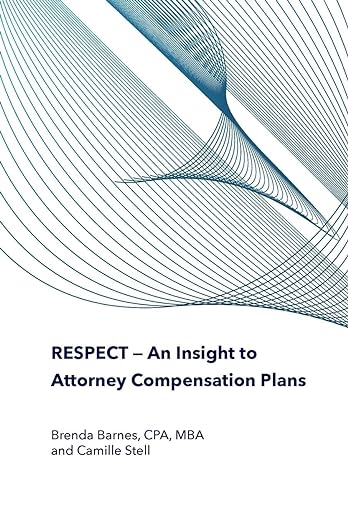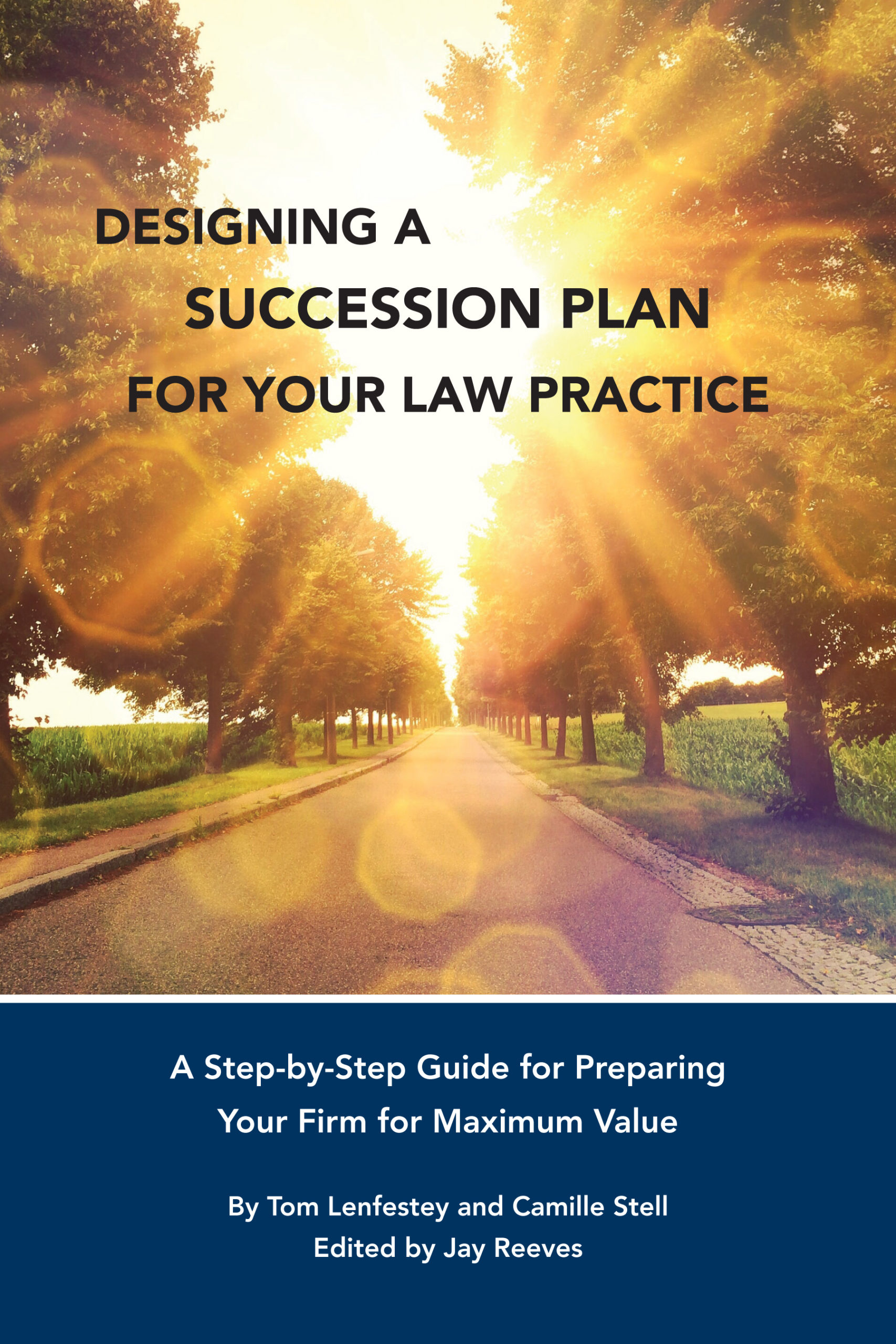Unprecedented times. Navigating the crisis. Stay-at-home orders issued.
These are the headlines of the day. And every lawyer – regardless of age, experience, or circumstances – has been affected.
Maybe you had high hopes for launching your legal career but didn’t plan for a pandemic. Or perhaps your career is well underway, yet the pandemic has created challenges never before encountered and not yet fully defined.
For answers, I talked with a few people who started practicing law during or immediately after another crisis, the Great Recession.
And though the situations aren’t identical – what worked in 2008 might not work now – their stories of evolving and thriving give us hope and a blueprint for moving forward.
Persistence and Creativity: Heather Hazelwood
Heather Hazelwood practices estate planning and estate administration as the solo owner of Ampersand Law established in Durham in 2016. Heather is a second career lawyer having worked in the non-profit sector for eight years prior to law school. She graduated from the University of Wisconsin Law School in May 2011.
Heather was able to find work as an associate in a Wisconsin firm, where she focused on family law and estate planning. She says she did not receive a set salary but was paid based on her billings. “I found clients by hustle, creativity, networking, flexibility, adjusting my expectations, and a lot of trial and error.”
After two years of practice, Heather says she begin to think about ways to do law differently. “I was especially interested in finding new ways of doing business to update the (slow-to-change) long-established traditional models for law firms. That’s when the idea of going out on my own begin to form.”
Two years later, UNC-Chapel Hill recruited Heather’s wife, they moved to North Carolina, she sat for the NC bar exam and opened her own firm, Ampersand Law.
How has the pandemic changed her practice?
“This has impacted my practice in two ways. First, I’ve had an increase in inquiries from potential clients. And second, clients are eager to finish their documents much faster than before. People seem more eager now than ever to get estate plans in place. However, as the financial impacts of the pandemic stretch out for months and months, I expect many potential clients won’t be able to afford to work with an attorney.”
Advice for lawyers and recent graduates? “Be realistic, especially about your own expectations. Ask for and give help when needed. Develop and practice healthy coping skills. Remember why you started. If you have the resources, throw money at the problem. There are many ways to make this more manageable if you can afford them. If you don’t have the resources, try to identify people who have figured it out and ask them for advice. My two greatest strengths are interlaced: persistence and not being afraid of being told no.”
Heather says that at some point in her career, she realized that success is not linear, and that the only real failure is never trying. “Running your own business is much more trial-and-error than you’d expect. And most of us don’t spend much time advertising the errors. Nothing is as good or easy as it looks on Instagram.”
Heather has an active social media presence. Follow her Instagram account at @ampersandlawnc and check out her blog, &LawBlog at her website, ampersand-law.com/blog.
There are Always Opportunities: Kathy Brown
Kathy Brown practices in West Virginia as well as North Carolina. She entered law school following a 20-year career as a television journalist.
In September 2008, Kathy was downsized from a national mass tort firm on a Friday; Lehman Brothers collapsed the following Monday.
“It was a terrifying time. I suffered with anxiety and depression. I had never been without a job since I was 15. I had three medical malpractices cases that stayed with me when I was downsized. One of the cases settled in a few months which gave me some money to live on. I also took a contract position doing computerized document review work for $21 per hour. I was local, but I was working with lawyers who were driving in from Pittsburgh, Cleveland, and other surrounding cities to Wheeling, West Virginia just to have work.”
Kathy was able to start working with a small firm and she eventually left the contract position. In March 2009, she opened her own practice. Through networking, Kathy was able to build a profitable practice and by 2012, she joined forces with another firm on a mass tort case that resulted in a multi-million-dollar settlement for 3500 cases.
Her greatest strengths during the Great Recession? “My connections, not being afraid to ask for work, and not being afraid to share the fee.”
Kathy is trying to forecast the future and determine whether her practice is recession-proof. “That’s a hard thing to assess. My practice does a lot of medical malpractice cases. I fear that people will not want to sue their doctor or their hospital in this time that doctors are the warriors on the frontline of this pandemic. I am watching what is changing and trying to educate myself and be nimble enough to change as needed.”
Advice to lawyers starting their practices? “Figure out a niche, be alert to how the business is changing and what services people are looking for now, network with others who are doing what you want to do, join organizations, participate in webinars. Don’t be afraid to ask for help.”
This advice also applies to established lawyers, “Reach out to others. Find out what others who do what you do handled the crisis. You may need to downsize or do work yourself. Since starting my own firm, I have never had a paralegal or support staff. If I needed help, I would hire on a contract basis for the time I needed it. Otherwise, if I had a big case, I would ask a larger firm to help me and we shared fees. I am a hard worker, I want to help others, I wasn’t afraid to ask for help and wasn’t afraid to give up half the fee to someone who helped me.”
What traits helped you succeed? “My brother told me during the Great Recession, ‘there are always opportunities’. I let that be my guiding light. Because of the wonderful success I have had since 2009, I can see opportunities better during this crisis than I could then. I have helped others start businesses in part by just encouraging them to be positive. You have value to add and there are always people who will want your help if you offer it for the right reasons.”
We are in Uncharted Territory
You have probably never experienced a pandemic or had to develop a plan for surviving one. Both are scary. But with a plan, and the advice and counsel of our colleagues, we can not only survive this challenge, but emerge even stronger.
Camille Stell is the President of Lawyers Mutual Consulting & Services and a specialist in working with lawyers and firms on strategic planning and succession planning. Continue this conversation by contacting Camille at camille@lawyersmutualconsulting.com or 800.662.8843.
Quay Wembley is an ECU Pirate and a 2L at the North Carolina Central School of Law. Quay was a 2020 summer intern with Lawyers Mutual and gained valuable experience watching the New Normal of law practice develop in front of him. You can reach Quay at qwembley4316@gmail.com.



